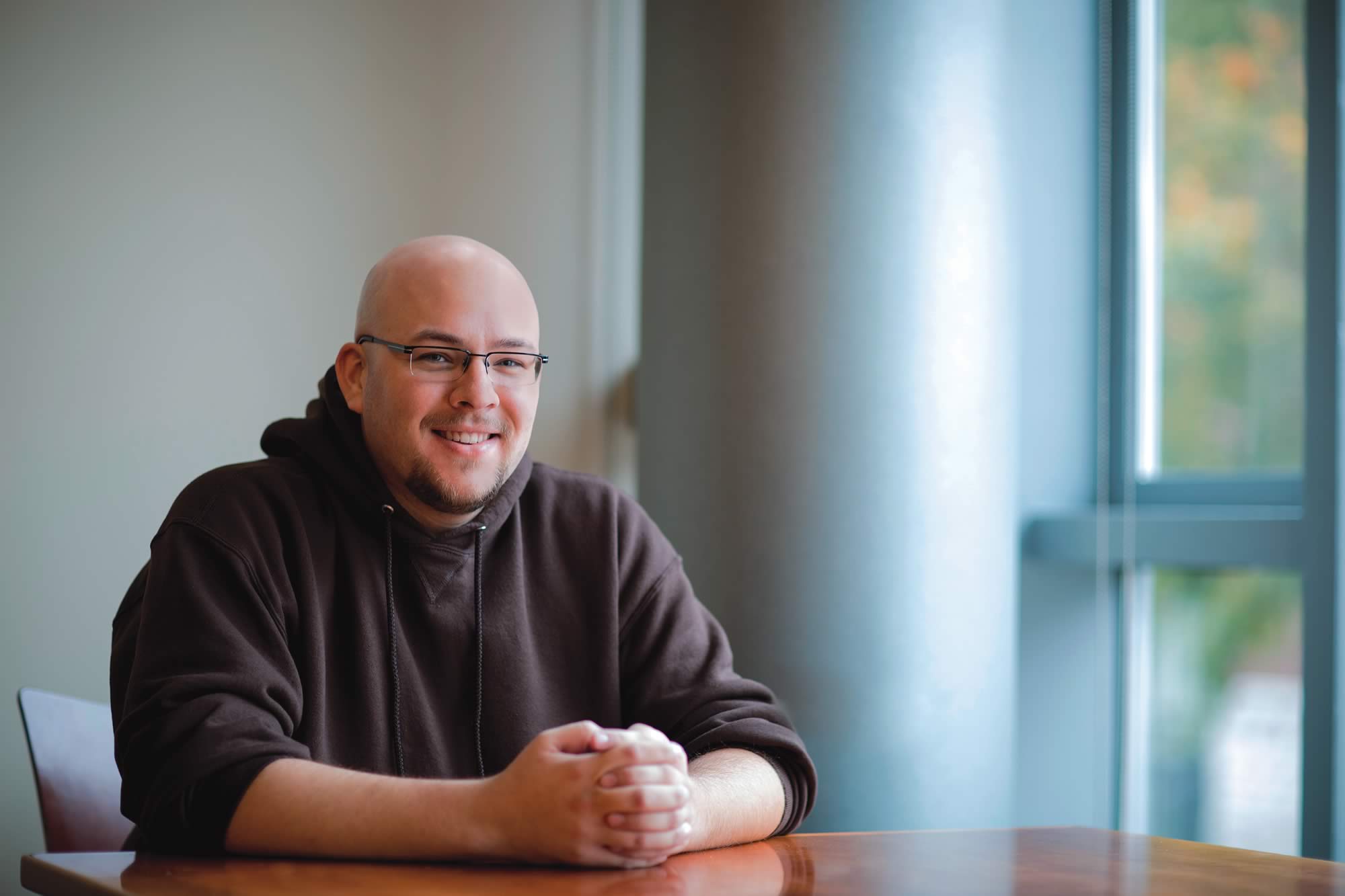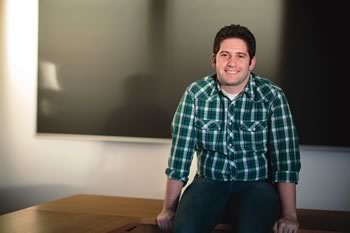
Human trafficking. Cybercrime. Consumer protection. Public integrity. With broad constitutional and statutory jurisdiction, state attorneys general handle all these matters and more, often in high-impact litigation. Given this variety of opportunities it provides, Harvard Law School’s Attorney General Clinic, taught by former Maine AG James E. Tierney, has been one of the most popular in the clinical program since it was instituted in 2011, with placements in the office of Massachusetts AG Martha Coakley.
Coakley has been extremely supportive of the clinic—and is a guest lecturer in the related classroom course each spring—but her office can accept just six HLS students each semester. In the past, that has meant a waiting list for many students.
That changed last year.
Mike Gendall ’14 was on the waiting list until he received an email from Tierney last fall informing him that he could work in an AG’s office over winter term. Tierney had just expanded enrollment in the clinic by using winter term to send HLS students to work in AGs’ offices across the country. Tierney, a nationally renowned expert on the role of state attorneys general and director of the National State Attorneys General Program at Columbia Law School, called on his extensive professional network to place 10 additional HLS students in the AGs’ offices in California, Illinois, Colorado, Maryland, New Mexico, New York and Rhode Island.
Gendall, who grew up in Beverly on Boston’s North Shore, wanted to go somewhere he’d never been, and Tierney suggested he work for New Mexico’s top lawyer, Gary K. King, in Santa Fe. In a small state with a small AG staff, Gendall found himself with significant responsibility from the moment he arrived and spent his three weeks researching and writing an appellate brief in a criminal case. “It was the first time in my legal career I was entrusted with that much independence and responsibility, and I welcomed it,” he says.
Jordan Grossman ’14, who worked for former U.S. Secretary of Homeland Security Janet Napolitano before matriculating at HLS, signed up for the clinic in search of state government experience. When he learned of the winter term option, Grossman told Tierney he hoped to return to his home state of Maryland, and Tierney helped place him at the office of AG Doug Gansler. There, Grossman was exposed to a variety of high-level cases, including litigation between the University of Maryland and the Atlantic Coast Conference, and a controversial ballot initiative to expand gambling in the state. “I was pretty surprised at how substantive and valuable it felt in such a short period of time,” says Grossman. “If you’re willing to jump in and get involved right away, it can be very rewarding.”
Gendall and Grossman were among 10 students who, for three weeks last January, worked on environmental matters, criminal trials and appeals, human trafficking cases, and consumer protection litigation in AGs’ offices nationwide; this coming winter term, another group will spread out across the country. Along with the students placed in the Massachusetts AG’s office this semester and next, they will convene as a group in the spring to take the required classroom component, The Role of the State Attorney General, which Tierney has been teaching since 2011 through a special agreement with Columbia Law School.
Last year, Tierney found that the contributions of students such as Gendall and Grossman added valuable new perspectives to classroom discussion. “Students would say, ‘This is the way it’s done in New Mexico or Colorado,’” says Tierney. “The course now has a true national flavor.”
